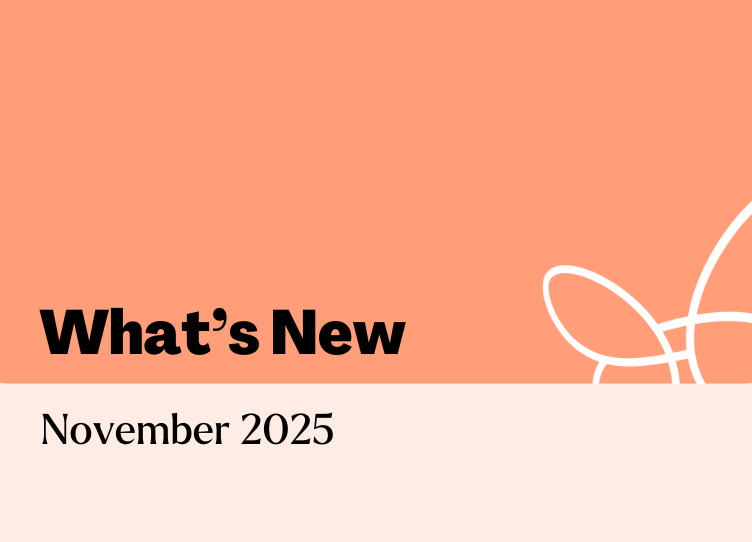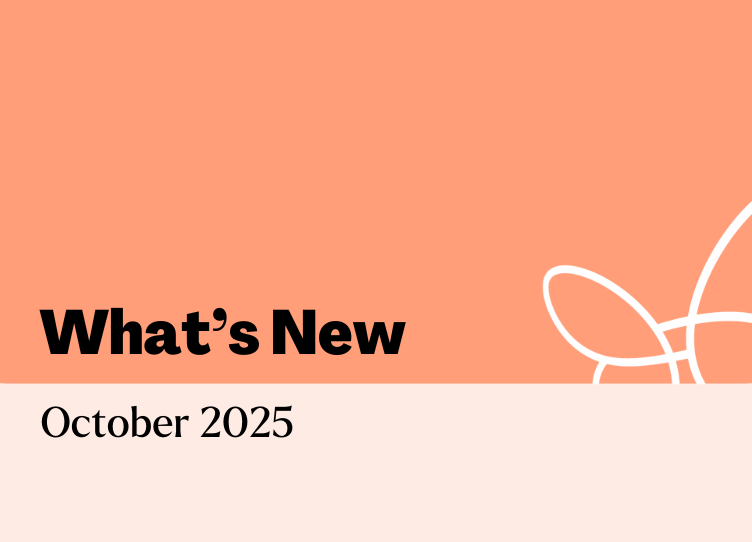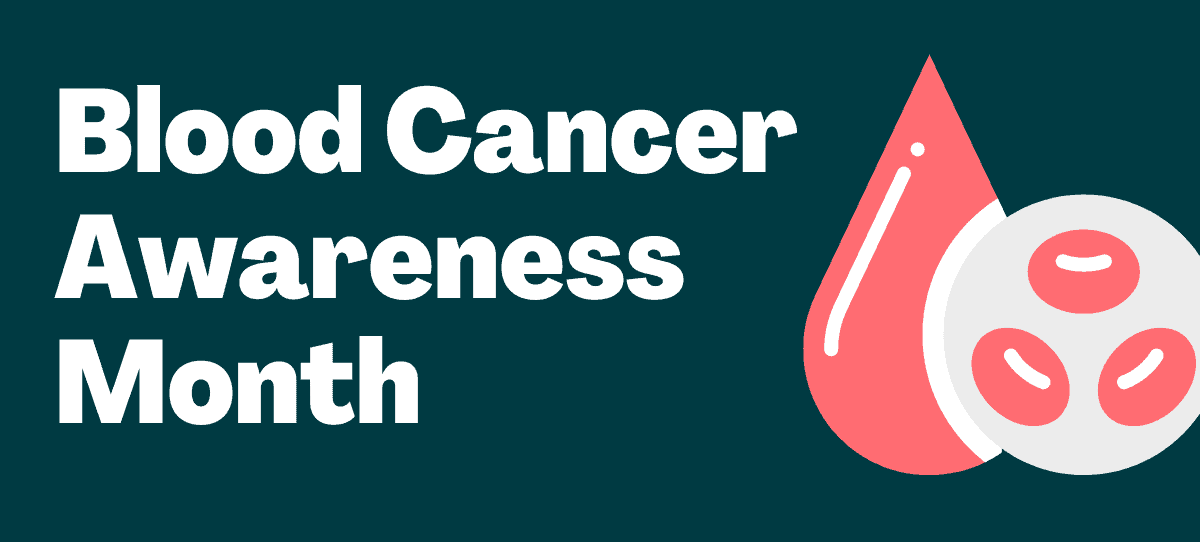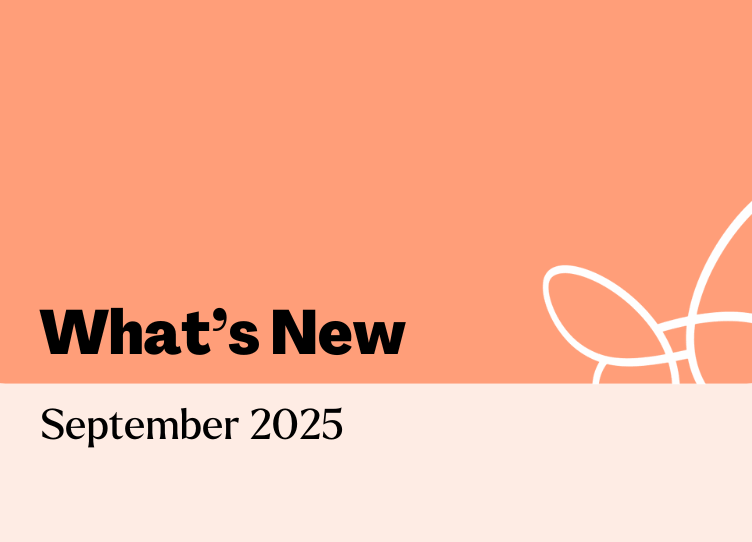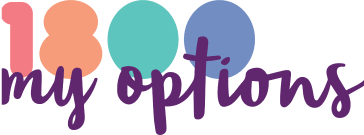What’s new – November 2024
What’s new in November, with links to support, information and other items of interest.
- 10 November – Neuroendocrine Cancer Awareness Day
- Inherited Cancers Australia
- Victorian Women’s Health Atlas updates
- Help Victorian health services improve care for people with colorectal cancer
- 10-16 November – Cervical Cancer Awareness Week
- Look Good Feel Better online and face-to-face free workshops
10 November was Neuroendocrine Cancer Awareness Day.

Neuroendocrine tumours (NETs) are the seventh most commonly diagnosed cancer in Australia, and the number is growing. It is more common than brain, ovarian, or cervical cancer but will often go undetected for many years. Neuroendocrine cancer has vague symptoms that can be misdiagnosed with conditions like IBS, asthma, or menopause.
Neuroendocine Cancer Australia offers resources for patients, caregivers, and healthcare professionals, including educational materials, advocacy, and connecting the community. They provide support through speaking with an NET nurse and joining support groups. Learn more on the Neuroendocrine Cancer Australia website.
Inherited Cancers Australia

Inherited Cancers Australia provides support, education, and advocacy for individuals and families affected by hereditary cancers. They raise awareness about genetic predispositions to cancer, offer resources for those undergoing genetic testing, and facilitate connections among patients, families, and healthcare professionals. ICA also focuses on promoting research into inherited cancers and ensuring that those at risk have access to appropriate screening and preventative measures, thereby empowering individuals with the knowledge to make informed decisions about their health. Some ways you can access support include asking a specialist or joining an online support group.
For further information visit the Inherited Cancers Australia website.
Help Victorian health services improve care for people with colorectal cancer
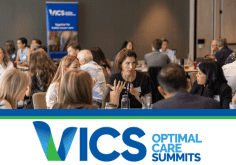
Do you or someone you care for have an experience with colorectal cancer? The Victorian Integrated Cancer Services (VICS) need your input to a statewide consultation on quality and equity of care.
Your stories, experiences, and voice will be important in improving colorectal cancer services across Victoria, through the VICS network of 122 hospitals and other health providers. You can help to identify areas where services could be improved, to better meet the needs of people affected by colorectal cancer and their carers, by participating in a short call or online focus group.
The findings from the focus group(s) will be presented at a VICS Optimal Care Summit in February 2025. The VICS Optimal Care Summits program aims to ensure that all Victorians with colorectal cancer receive optimal care. For more information, visit the VICS website.
If you are interested in participating, please email Helena Rodi at [email protected] or call 0412 611 713.
Victorian Women’s Health Atlas updates

The Atlas displays health and social wellbeing indicators by sex for every local government area in Victoria. The platform contains 75 indicators from a range of government and other sources, grouped into 8 priority health areas.
The platform has had a major refresh, with 15 indicators updated with recent data, new 5-year cervical screening data info added, and data on hysterectomy and endometriosis separations included for the first time. New data shows that cervical screening varies depending on where you live.
Explore the Victorian Women’s Health Atlas via the main Women’s Health Victoria website
10–16 November – Cervical Cancer Awareness Week

In Australia, cervical cancer is the 13th most common cancer in women (globally, it’s the fourth most common). It is also one of the most preventable – through cervical screening and the HPV vaccine.
In Australia, the 5-year survival rate for cervical cancer is 74% for those diagnosed. If you’ve just been diagnosed, are currently undergoing treatment, or are living life after treatment, you may find the cervical cancer section of the Counterpart Navigator helpful. It includes information and links on practical, emotional support, personal stories and more.
Visit the Counterpart Navigator online to discover more.
Look Good Feel Better online and face-to-face free workshops

The Look Good Feel Better workshops help participants manage the physical, psychological, and social impacts of cancer treatment. They are open to all Australians undergoing any type of treatment for any type of cancer. These workshops cover topics from skincare, cosmetics, and headwear options, through to grooming, fitness, mobility, and mental wellbeing. In providing practical tips and tools, they help connect a community of people living a shared experience; empowering them to regain control, confidence, and a sense of self.
To see the upcoming program of events visit the Look Good Feel Better registration page on their website.
